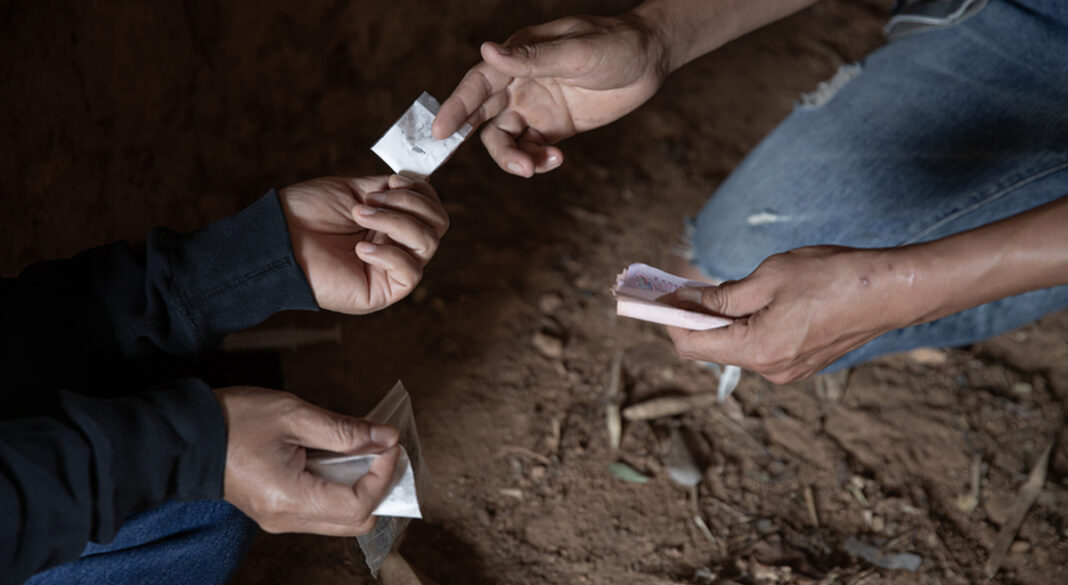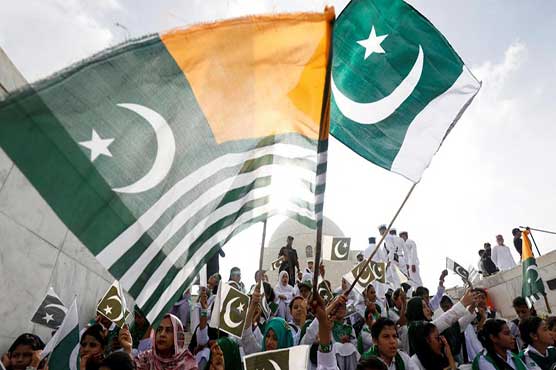By: Momina Fatima
Security issues in international relations, particularly during the era of clod war, were and had been dominated by the realist paradigm which saw the preservation of the state from external threat. Such a conception of security provided a very myopic and narrow understanding of the security problem of security problem of states, particularly smaller states. With globalization and the opening up of the economy has provided scope for cross border migration, and also illicit trade, especially narcotics and terrorism. This article will throw light on the non-traditional security threats problem and issues of illicit drug trafficking. In today’s global landscape, traditional notions of security have expanded beyond military threats to encompass non-traditional challenges, among them, drug trafficking. This illicit trade not only undermines public health and safety but also poses significant economic and social risks worldwide. Understanding the multifaceted nature of this issue is crucial in devising effective strategies to combat it.
Drug trafficking represents a pressing non-traditional security challenge due to its detrimental impact on society, economies, and governance structures globally.
Drug trafficking fuels substance abuse epidemics, leading to widespread health crises. According to the World Health Organization (WHO), drug abuse contributes to over 500,000 deaths annually worldwide, with opioids alone responsible for two-thirds of these fatalities. The proliferation of illicit drugs exacerbates health disparities and strains healthcare systems, particularly in developing countries where resources are limited.2. Socioeconomic Destabilization: The economic repercussions of drug trafficking extend far beyond the criminal underworld. Trafficking operations undermine legitimate markets, distort trade patterns, and impede foreign investment. Moreover, drug-related violence deters tourism and disrupts local economies, perpetuating cycles of poverty and social unrest. A report by the United Nations Office on Drugs and Crime (UNODC) estimates that drug-related crime accounts for billions of dollars in lost productivity and law enforcement expenditures annually.3. Governance Challenges: Drug trafficking erodes the rule of law and weakens governance structures by fostering corruption and organized crime. The enormous profits generated by the illicit drug trade provide criminal organizations with the resources to corrupt public officials, subvert institutions, and destabilize democratic processes. This nexus between drugs and corruption undermines efforts to promote transparency, accountability, and the rule of law, perpetuating cycles of violence and impunity.
According to the United Nations Office on Drugs and Crime (UNODC), the global drug trade is estimated to be worth over $500 billion annually, making it one of the most lucrative illicit industries in the world.
The production and trafficking of drugs, such as cocaine, heroin, and synthetic opioids, are often concentrated in regions plagued by poverty, conflict, and weak governance, exacerbating existing vulnerabilities and hindering development efforts. The United States remains one of the largest consumers of illicit drugs, with opioid overdose deaths reaching record highs in recent years, highlighting the severity of the public health crisis fueled by drug abuse. Transnational criminal organizations, often referred to as drug cartels, control large segments of the global drug trade, leveraging sophisticated networks and resources to evade law enforcement and expand their operations.
The menace of drug trafficking presents an imposing challenge to the foundations of democratic governance, intricately weaving its detrimental tendrils throughout the societal, economic, and political tapestry of nations worldwide. Its insidious influence not only subverts the sanctity of the rule of law but also corrodes the bedrock of public faith in governing institutions, engendering a breeding ground for corruption, brutality, and societal upheaval. Flourishing within the confines of feeble governance structures, compromised institutions, and a culture of impunity, the illicit drug trade stands as a formidable adversary to the principles of democracy. As administrations grapple with this labyrinthine dilemma, a multifaceted strategy becomes imperative, necessitating robust law enforcement measures, enhanced international collaboration, targeted interventions in regions where narcotics production proliferates, and the implementation of comprehensive initiatives for drug prevention and rehabilitation. Furthermore, the imperative lies in addressing the underlying causes of drug trafficking, including entrenched poverty, glaring inequalities, and the dearth of viable opportunities, in order to cultivate enduring remedies. Through resolute resolve, innovative approaches, and unwavering solidarity, democratic governance can fortify its resilience against the scourge of drug trafficking, thereby safeguarding the foundational tenets of justice, human rights, and the primacy of the rule of law for posterity.
The writer is a student of International Relations. She can be reached at [email protected]








